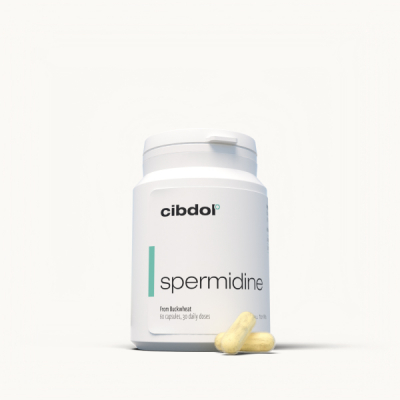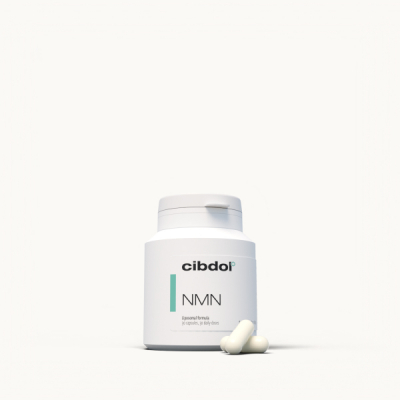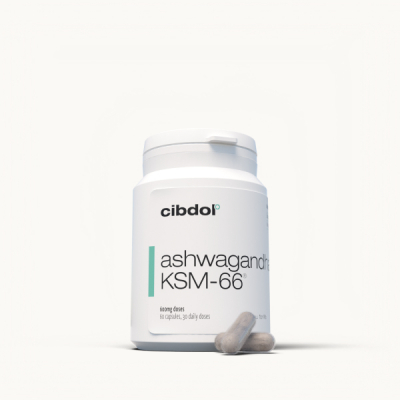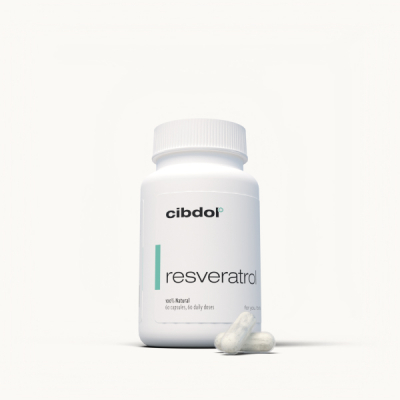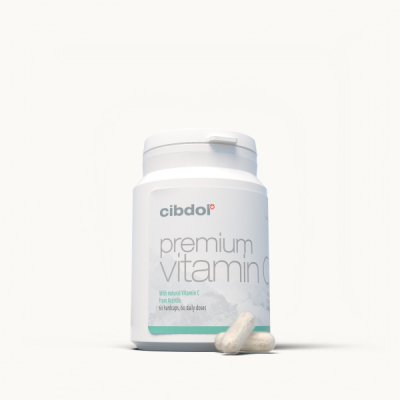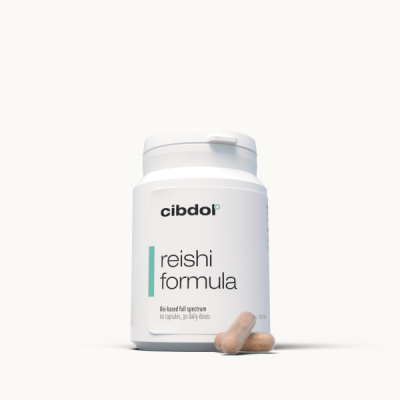We don't ship to your address!
Due to your country law and regulations, we are not permitted to send to your current location. If you have any questions please contact usWe're here to help
Have questions about our products or content? Don't hesitate to get in touch with us.-
Contact
-
Information
-
Blog
Search
Please insert a search term in the input field. If you have any question please contact us contact us
You have to add to cart at least 0 bottles or any program to make checkout.

We don't ship to your address!
Due to your country law and regulations, we are not permitted to send to your current location. If you have any questions please contact usWe are here to help you
We are here for you. If you have any question please contact usSearch
Please insert a search term in the input field. If you have any question please contact us
We don't ship to your address!
Due to your country law and regulations, we are not permitted to send to your current location. If you have any questions please contact usWe are here to help you
We are here for you. If you have any question please contact usSearch
Please insert a search term in the input field. If you have any question please contact us420 Sale: BUY 2, PAY FOR 1! Add 2 CBD Products to your shopping cart and use the discount code: CBD420
- Home
- Health goals
- Longevity
Longevity
Age vibrantly with targeted longevity support. Our formulas harness cutting-edge science—like NMN for cellular energy and spermidine for cellular renewal—to help you maintain vitality at any stage of life.
-
Showing 1 - 7 of 7 itemsWhich product do I need?
What is Longevity?
Longevity isn’t just about living a long life—it’s about living a healthy, vibrant life for as long as possible. Rather than focusing only on lifespan, longevity science is about extending your healthspan—the number of years you remain physically and mentally well.
Modern research shows that aging is not random—it's largely driven by cellular damage accumulation over time. When your cells stop functioning properly, everything from energy production to skin health and memory begins to decline.
That’s why the goal of longevity isn’t just to slow aging, but to optimize how your body ages at a cellular level.
What Are the 5 Pillars of Longevity?
To truly thrive with age, you need a lifestyle that supports your entire system. These 5 pillars work together to help you feel your best for years to come:
- Sleep – Quality rest fuels recovery and brain health
- Nutrition – Whole foods and targeted nutrients nourish your body
- Exercise – Movement keeps your heart, muscles, and mood in shape
- Mental Wellbeing – Stress management and mindfulness support long-term resilience
- Cellular Health – Daily routines that support repair, energy, and resilience
These pillars contribute to lasting energy, mental clarity, and graceful aging. When combined, they form the foundation for a life lived well.
What Drives Cellular Damage?
- Toxic Buildup (Impaired Autophagy): Your cells normally clean themselves through a process called autophagy. When this system slows down, waste builds up, damaging nearby tissues and organs.
- Declining Energy Production (Mitochondrial Dysfunction): Mitochondria are your cells' power plants. When they stop working efficiently, your body feels sluggish, both physically and mentally.
- Chronic Inflammation & Oxidative Stress: Long-term inflammation and oxidative damage silently chip away at your health, contributing to age-related conditions like heart disease and memory loss.
So how do we actually support these pillars from the inside out? To answer that, we need to look at what’s happening on a cellular level—and how science is helping us stay ahead of the curve.
What Is Autophagy?
Autophagy (from the Greek for “self-eating”) is your body’s natural cellular recycling process.
Think of it as your cells’ version of spring cleaning: old, damaged parts—like worn-out proteins or broken mitochondria—are broken down and reused. This helps your cells stay clear of clutter and function more efficiently.
Autophagy plays a key role in:
- Cellular renewal – clearing away old components so new ones can thrive
- Energy efficiency – removing dysfunctional mitochondria that slow cells down
- Defense mechanisms – identifying and recycling foreign materials inside cells
When autophagy runs smoothly, your cells can better adapt to stress, maintain energy levels, and support overall cellular balance.
Why Autophagy Slows with Age
Like many biological processes, autophagy becomes less efficient over time. Starting around age 30, studies suggest that the body's ability to carry out cellular cleanup may decline gradually each year.
As this happens:
- Cells can accumulate more "waste" inside them
- Energy production may become less efficient
- The body may respond more slowly to stress or change
While this slowdown is a normal part of aging, researchers are exploring ways to support autophagy through lifestyle choices and nutrition.
Why It Matters for Longevity
Autophagy supports the very foundation of health—our cells. When functioning well, it helps the body stay adaptable, efficient, and resilient over time. That’s why it's becoming a major focus in longevity science.
In the next section, we’ll explore how autophagy can be naturally supported through evidence-based strategies like fasting, exercise, and certain nutrients.
How to Activate Autophagy Naturally
Autophagy is your body’s natural way of keeping cells clean and efficient. While it happens on its own, certain habits can help give it a healthy boost.
Here are some simple, science-supported ways to support autophagy in daily life:
- Fasting – Taking breaks between meals—like with a 16:8 intermittent fasting routine—can help activate autophagy by lowering certain nutrient signals and encouraging cellular renewal.
- Exercise – Physical activity, especially short bursts of intense movement like interval training, sends signals to your body to clean up and renew its cells more efficiently.
- Spermidine – Found naturally in foods like wheat germ and aged cheese, spermidine has been shown to support autophagy. Many people use supplements to maintain consistent intake as levels drop with age.
- Resveratrol – This plant compound—found in red wine and Japanese knotweed—activates key pathways involved in autophagy and is being studied for its potential benefits in aging.
Combining these habits—like staying active, eating smart, and creating space between meals—can help your body maintain its internal balance and support healthy aging.
What Is Spermidine?
Spermidine is a naturally occurring compound found in foods like wheat germ, mushrooms, and aged cheese. It plays a central role in how our cells grow, stay stable, and function properly.
As we get older, spermidine levels in the body gradually decline. That’s why it’s becoming a key focus in longevity research—and why people are looking for ways to keep levels balanced.
As we age, spermidine levels decline by ~60% after age 50, accelerating cellular dysfunction.
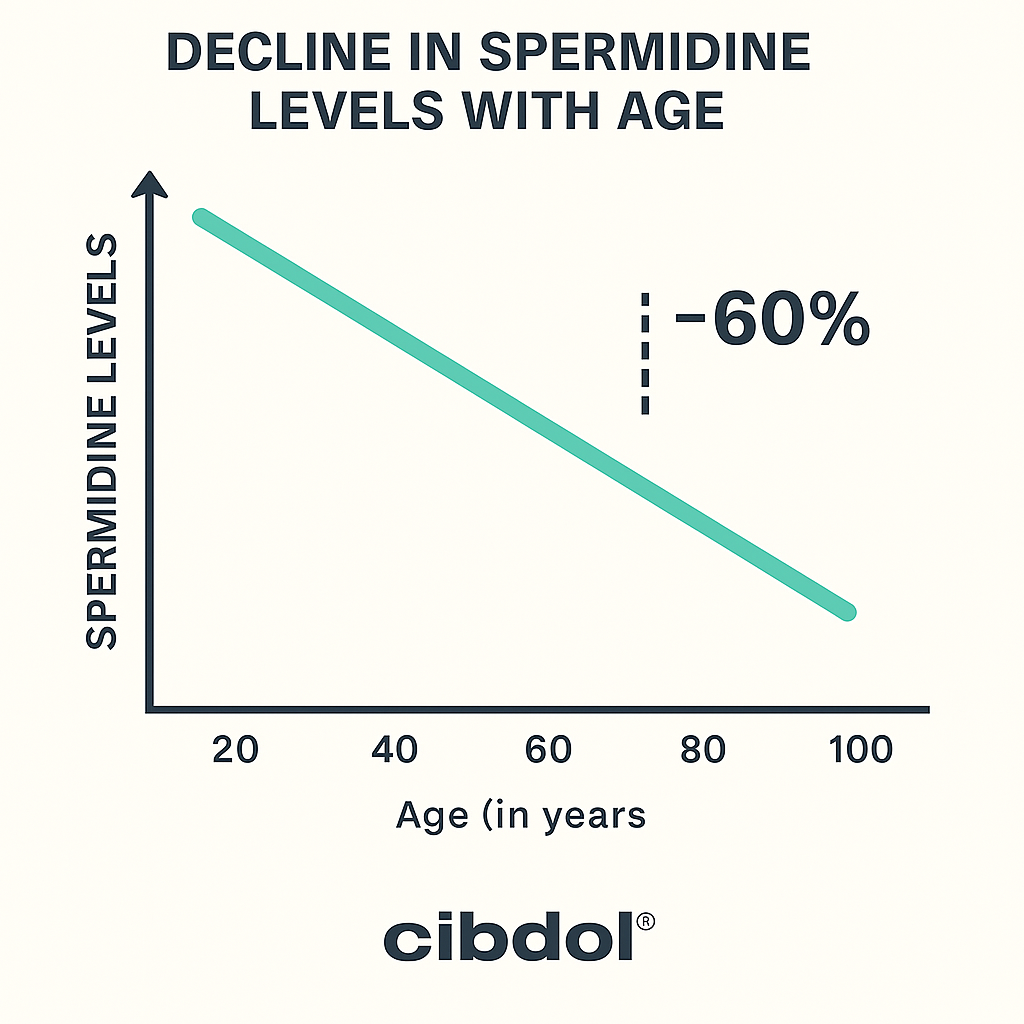
How Does Spermidine Support Longevity?
Spermidine has become a focus in longevity science because of its role in supporting key cellular processes. Here’s how it contributes to healthy aging:
1. Supports Autophagy
Spermidine helps activate proteins like ATG5 and LC3, which play a key role in autophagy—the body’s natural system for recycling and renewing cellular components.
This process is often referred to as “cellular spring cleaning” and is important for maintaining overall cell health and performance.
2. Helps Maintain Mitochondrial Function
Mitochondria are the energy engines of our cells. Spermidine has been shown to support antioxidant activity within the mitochondria, helping reduce cellular stress and preserve energy production over time.
3. Brain & Heart Health Potential
Ongoing research is exploring spermidine’s potential role in supporting cognitive and cardiovascular function as we age. While more studies are needed, early findings suggest it may influence blood pressure regulation and support healthy brain aging.
What Is Mitochondrial Energy (NAD+ Support)?
Mitochondria are often referred to as the “power plants” of our cells. They generate ATP—the form of energy our bodies use for everything from muscle movement to memory and focus.
As we get older, mitochondria naturally become less efficient. This can affect how we feel day to day—whether it’s physical energy, mental clarity, or how quickly we recover from stress and activity.
One factor behind this decline is the gradual reduction of NAD+ (nicotinamide adenine dinucleotide), a coenzyme that helps fuel mitochondrial activity and cellular repair. NAD+ levels are known to decrease by as much as 50% by age 50 (Cell Metabolism, 2020).
With less NAD+ available, cells may struggle to produce energy effectively and maintain internal balance—something researchers are paying close attention to in the field of healthy aging.
Can You Support Mitochondrial Energy Naturally?
Emerging research suggests that NAD+ levels can be influenced by a combination of lifestyle habits and nutritional strategies.
- Precursors like NMN (Nicotinamide Mononucleotide) and NR (Nicotinamide Riboside) are studied for their potential to help the body rebuild NAD+ levels.
- Exercise and calorie restriction have also been associated with supporting mitochondrial health and longevity pathways.
By promoting NAD+ availability, these approaches may help maintain cellular energy and resilience over time—making mitochondrial health a central part of longevity science.
What Is NMN?
NMN: A Key Player in Cellular Energy and Longevity
Nicotinamide Mononucleotide (NMN) is a naturally occurring compound that plays a crucial role in producing NAD+, a molecule that supports energy production, DNA maintenance, and cellular resilience.
As we age, NAD+ levels in the body decline—by as much as 50% by age 50 (Cell Metabolism, 2020). NMN is one of the most studied compounds for helping the body replenish its NAD+ supply, and it's gaining attention in the field of healthy aging.
How NMN Supports Cellular Function
- Supports NAD+ Production
NMN converts into NAD+ through the body’s natural “salvage pathway.” This helps fuel processes related to cellular repair, metabolic balance, and overall resilience. - Helps Mitochondria Work Efficiently
By supporting NAD+ availability, NMN contributes to mitochondrial health—helping cells better manage energy use, especially during stress or aging. - Linked to Brain and Cognitive Support (in research)
Early preclinical research suggests that NMN may support healthy blood flow and the growth of new brain cells, both of which are being studied for their connection to cognitive health.
Why NMN Is Gaining Interest
NMN is often praised for its stability and bioavailability, making it a preferred choice among those looking to support energy levels and aging processes at the cellular level. It's frequently paired with resveratrol and lifestyle practices like exercise for a well-rounded longevity approach.
The takeaway: NMN may help support the systems your body already uses to stay energized, balanced, and resilient as you age.
Cibdol’s Formula
- Dosage: 250mg enteric-coated capsules (designed for optimal bioavailability)
- Stack Suggestion: Combine with resveratrol to support sirtuin activation pathways
What Is Resveratrol?
Resveratrol is a naturally occurring polyphenol found in red wine, grapes, and Japanese knotweed. It’s widely studied for its role in supporting healthy aging and is often associated with the activation of cellular pathways linked to longevity.
How Resveratrol Supports Longevity Pathways
- Activates Sirtuins (Longevity-Associated Proteins)
Resveratrol is known to interact with SIRT1, a key protein involved in cellular repair and metabolic regulation. This interaction is thought to mimic some of the effects of calorie restriction, which is linked to increased lifespan in several organisms. - Supports Inflammatory Balance
Studies suggest resveratrol may help modulate inflammation by interacting with NF-kB, a master regulator of the body's inflammatory response. This is especially relevant for maintaining vascular and cellular health as we age. - Pairs Well with NAD+ Precursors
Resveratrol is often combined with NMN because it may support NAD+ levels indirectly—by influencing enzymes like CD38 that regulate NAD+ consumption in the body.
Cibdol’s Formula
- 98% Trans-Resveratrol – the most bioactive form, extracted for maximum potency
- Enhanced with Quercetin – to support absorption and bioavailability
What Is Ashwagandha?
Ashwagandha is a traditional herb used for centuries in Ayurvedic practices. It's classified as an adaptogen, meaning it helps the body adapt to stress and maintain internal balance. Today, it’s widely studied for its potential role in supporting vitality, energy, and mental resilience.
How Ashwagandha Supports Healthy Aging
- Helps Regulate Cortisol Levels
Cortisol is known as the body’s primary stress hormone. Research suggests that ashwagandha may help support balanced cortisol levels during times of ongoing stress—an important factor in maintaining energy and mood as we age. - Supports Mitochondrial Health
Some studies have shown that ashwagandha may influence PGC-1α, a protein involved in mitochondrial biogenesis. This suggests a possible role in supporting cellular energy production, especially in muscle tissue. - Linked to Hormonal Balance
Traditional use and early research associate ashwagandha with supporting healthy thyroid hormone levels, which play a key role in metabolism, energy, and overall well-being.
Cibdol’s Formula
- Standardized to 5% Withanolides – the active compounds most studied for adaptogenic benefits
Why These Ingredients Work Together
Aging is influenced by several interconnected processes at the cellular level. When these systems begin to decline, it can affect how we feel, move, and recover with age. Three key areas often highlighted in longevity research include:
- Declining NAD+ levels – associated with reduced energy metabolism and slower cellular repair
- Reduced autophagy – makes it harder for cells to clear out waste and maintain optimal function
- Elevated inflammation – contributes to cellular stress and DNA damage over time
Cibdol’s longevity range is designed to support each of these vital areas through a targeted ingredient strategy:
- NMN – supports NAD+ production, helping maintain energy metabolism and cellular resilience
- Spermidine – promotes healthy autophagy, the body’s natural system for cellular renewal
- Ashwagandha and Reishi – help the body adapt to stress and support a balanced inflammatory response
Together, these ingredients offer a holistic approach to cellular health—supporting your body’s natural ability to stay energized, balanced, and resilient as you age.






